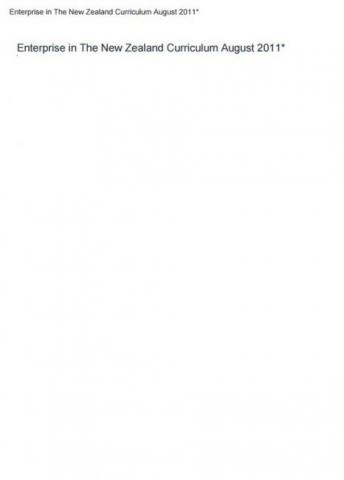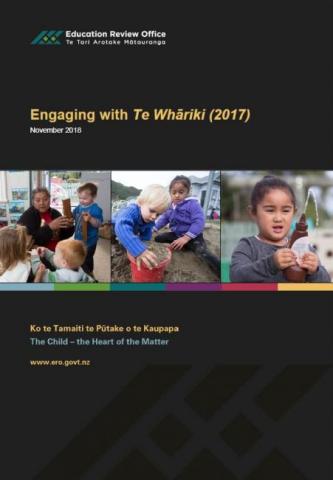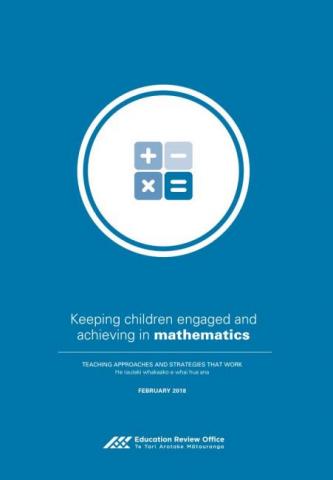Enterprise in The New Zealand Curriculum
Published: 20 Oct 2011
This ERO report has been written to help schools develop enterprise learning. Seven case studies present the challenges and benefits of enterprise as authentic teaching and learning. Each of these studies show what students have achieved in different enterprise activities. They discuss what leaders and teachers have done; both those who have been supportive of an enterprise learning approach and those who have been hesitant in adapting the way they teach.
- Audience:
- Schools
- Content type:
- Research
- Topics:
- Education for Enterprise (E4E)
- Case study
- Enterprise learning






